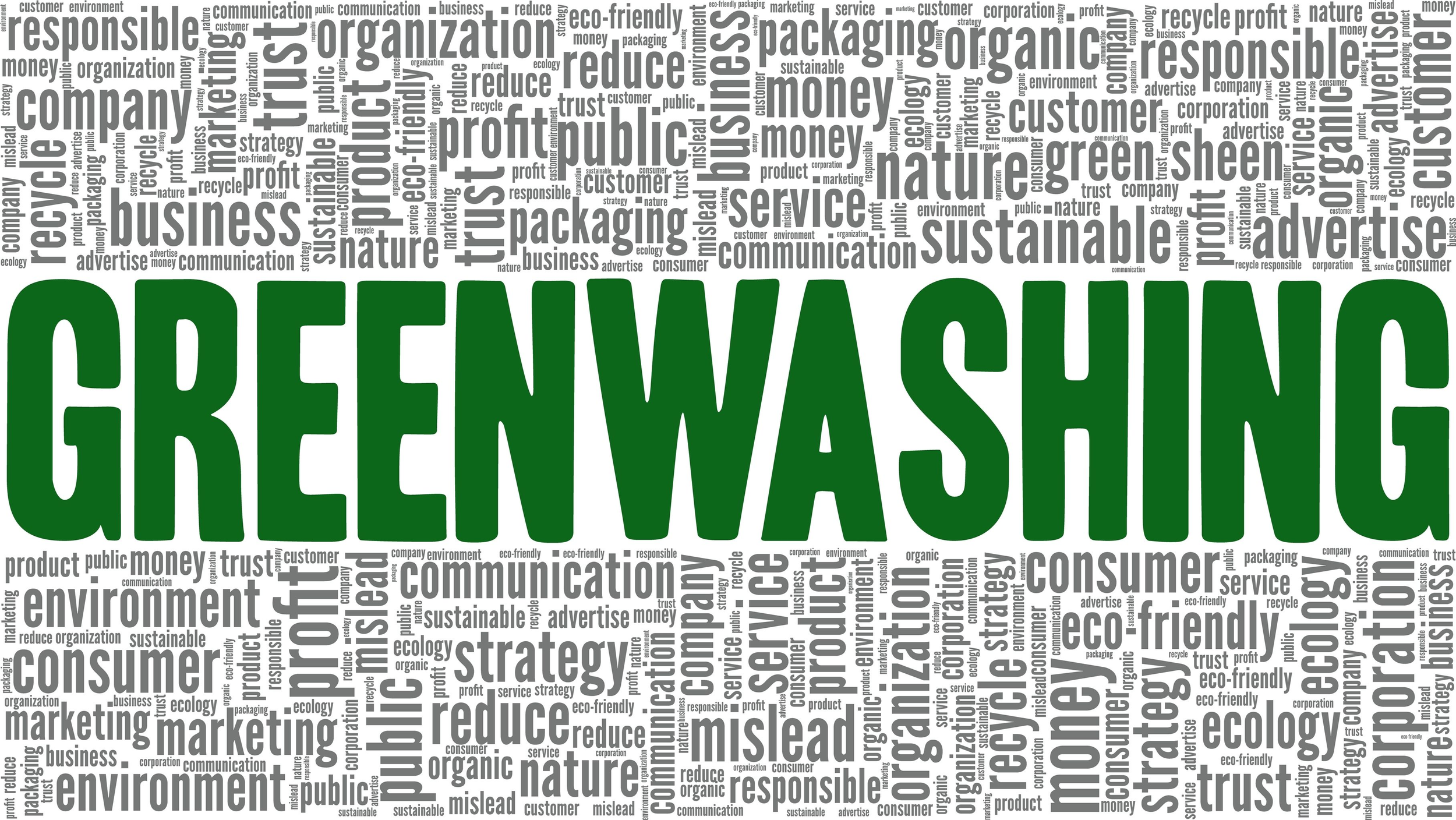Understanding the impact of this practice is vital for companies striving to enhance product quality, reduce costs, and bolster sustainability by accurately measuring and optimizing water and energy (or resource) consumption in the ever-evolving landscape of fashion and textiles.
Read MoreDNA tracking revolutionizes textiles, using genetic markers for transparency. Manufacturers create unique molecular signatures in products, enabling seamless tracking from origin to consumer. Learn more from one of the leaders in DNA solutions - Swiss company Haelixa
Read MoreAmid the urgency of environmental concerns, companies are embracing green images, but deceptive practices like greenwashing persist. By manipulating data, even average figures, companies mask their true impact. Real solutions lie in transparency, accurate data, and modern tools that empower stakeholders to see beyond the surface, making informed choices for a genuinely sustainable future.
Read MoreRachel Isenschmid is passionate about sustainablity. In this interview she talks about sustainable choices in the manufacture of fashion, most particularly Ananda Zurich’s choice of Piñatex as an alternative to leather.
Read MoreEnvironmentally conscious people put a lot of effort into buying sustainably manufactured clothing - that’s awesome! But what about washing those clothes? More and more people ask: Do I really want to wash my carefully chosen sustainable, eco-friendly clothing with substances that are toxic? Are there good alternatives?
Read MoreThe fashion and textile industry is highly visible and omnipresent. NGOs and the climate movement have increasingly drawn attention to abuses in the industry in recent years and thus raised consumer awareness for sustainable alternatives. Unfortunately, the washing of textiles is not an issue in this context. Detergents are still hidden and hardly visible to consumers, and they are not talked about.
Read MoreLeather is one of the most ubiquitous materials used worldwide and has served us well for thousands of years. But we’re becoming more and more aware that manufacturing enough leather to cover the worldwide demand is anything but sustainable. While it is possible to source leather consciously and sustainably, many brands are starting to ask the question: Are there viable alternatives?
Read MoreUnwaste sells soaps, liquid hand and body wash, as well as hand sprays made from ingredients that many people throw away during their morning routine: used coffee grounds and orange peels.
Read MoreFood waste in particular has a negative impact on our environment. Because when we throw away food, we also lose the resources that were used for it on the way from the field to the plate, for example for processing, transport or cooling.
Read More







